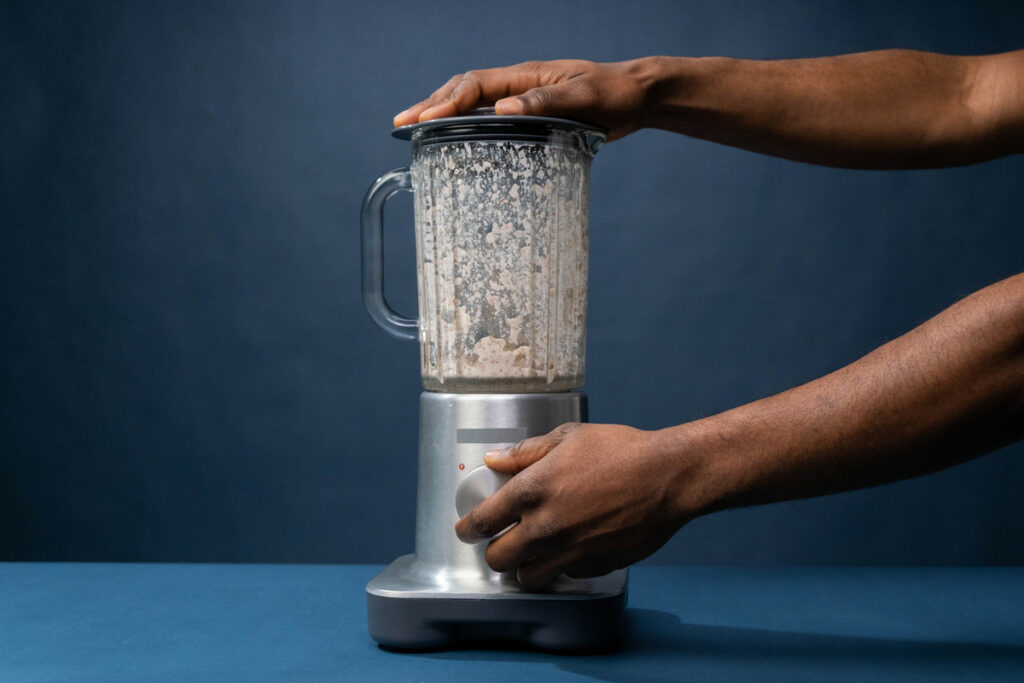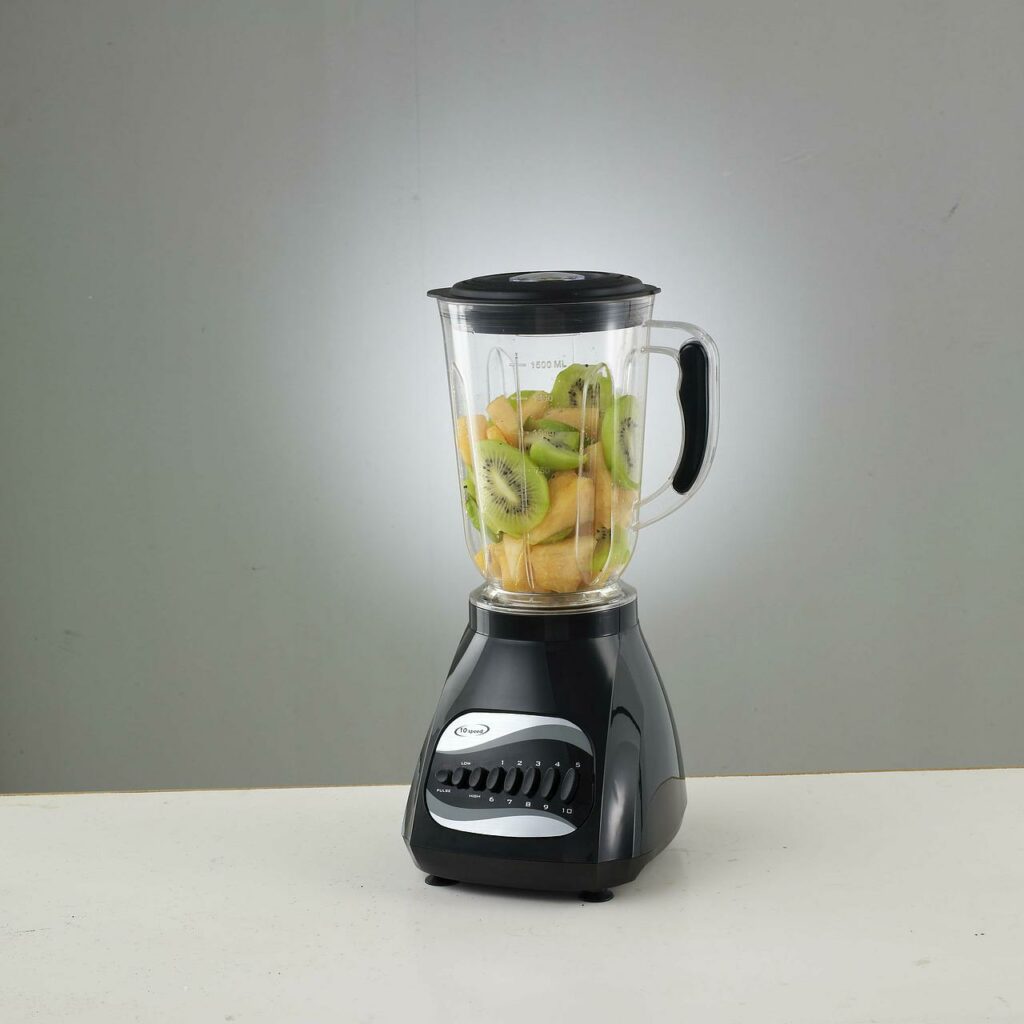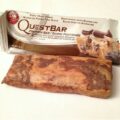
A blender is a super handy gadget in the kitchen. No home is complete without one. From making smoothies to juices and pies, blenders have a ton of uses.
But, have you ever wished your blender could be just a bit quieter? Like, how does one make a smoothie in the middle of the night without waking the entire neighborhood? Why are blenders so loud?
If these are questions that you’ve asked yourself, then you’re in the right place. Let’s get into the science behind blenders.
Why Do Blenders Make That Whirring Sound?

Regardless of what type of blender you use, there is generally some level of noise that comes with blending. The noise generally comes from the high-speed electric motor, as well as bearings, gears, couplings, and fans, that are all found inside a blender.
When you switch on your blender, all of these parts, as well as the blades and whatever you’ve loaded into the blender pitcher, are set in motion, causing a lot of vibration. Noise is the result of that vibration.
Because you have a vast collection of small parts functioning at fast speeds and under heavy loads, blenders are loud and noisy, and there is not much that you can do about it.
Can You Reduce How Much Noise Your Blender Makes?
This is possible to a small extent, because there are some conditions that can result in your blender seeming louder than it actually should be. So follow the tips below for a blender that’s more bearable.
Tip 1: Ensure the blender is level.
If your blender is rocking back or forth or sliding on a surface it will create additional noise. A level blender that is firmly anchored will be less noisy for sure.
Tip 2: Place a mat beneath the blender.
Placing an object beneath the blender will absorb some of the vibration and sound that it produces. A lot of the time blenders will seem louder than they truly are based on the type of surface that they are used on. The surface can sometimes multiply the vibration from the appliance making it louder.
Tip 3: Use a blending box.
Lots of restaurants and smoothie shops use blending boxes. A blending box is a container that you can place your blender inside of or put over the top of it. On the inside, it’s lined with noise canceling material that reduces sound. You may use an old cardboard container to make the noise-reducing box. It doesn’t have to completely encase your blender, but it should have at least three sides.
Tip 4: Move away from the wall.
Echoing can considerably affect the potential loudness caused by your blender. Reduce the loudness by moving your blender away from hard surfaces or minimizing sound reflecting off the wall with soft materials like foam or carpeting.
Are There Any Replacements For A Loud Blender?
If the noise associated with blending is off-putting for you, then you might be wondering if there are quieter options out there. A food processor is the first thing that comes to mind, and theoretically it might be quieter since they operate at a lower speed, but again it all depends on the conditions in which it would be used.
Another consideration is that food processors are not equipped with the same functionality as blenders. A decent blender is better for liquids and is used to make smoothies and protein shakes, among other things.
Typically, a food processor is utilized for more labor-intensive tasks like making dough or chopping vegetables. Most food processors don’t hold up well with liquids, so depending on how you use your blender, this replacement might not be a good idea.
Are There Quiet Blenders?
As technology has evolved, blenders have progressively gotten better and better. Several brands have developed models that are quieter. These have been tested by consumers and some have in fact passed the quiet test. Which models were they? Check out some below:
- Vitamix Quiet One Blender – This blender is thought to be the quietest in the world. It has a noise level of only 64 decibels
- Blendtec Professional 800 Blender – This is another super powerful blender that has a noise level of just about 65 decibels.
- Hamilton Beach Professional 1500W Quiet Shield Blender – The Hamilton Shield model is about $150 and the noise decibel level is only 67.
- Vitamix Explorian Blender – This model ranks in at 69 decibels with a two horsepower motor.
The Takeaway
A blender is a great appliance to own. It is multifunctional with a variety of uses. Blenders can be quite loud though, limiting the time that they are used, especially if you live in a home with shared walls such as an apartment. This leads to the question of how can you avoid this noise nuisance?
As we explored above, there are several ways to reduce noise from a blender. In addition, there are many low decibel blenders that are quieter than the normal blender options.



